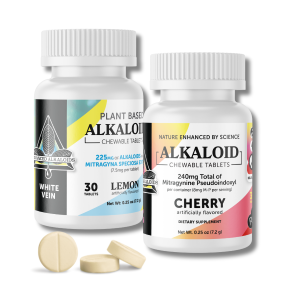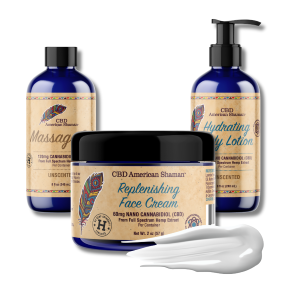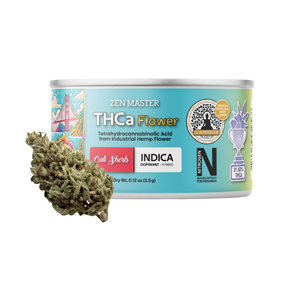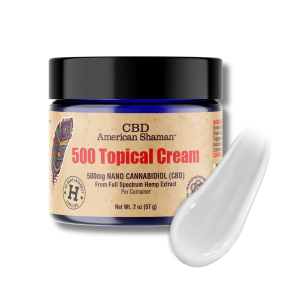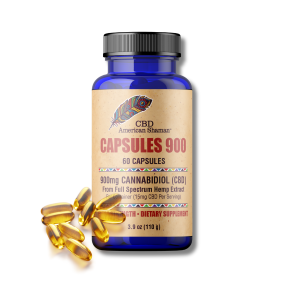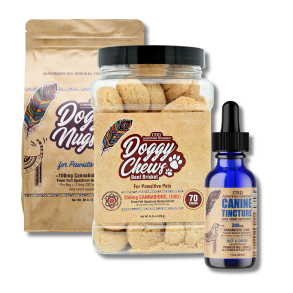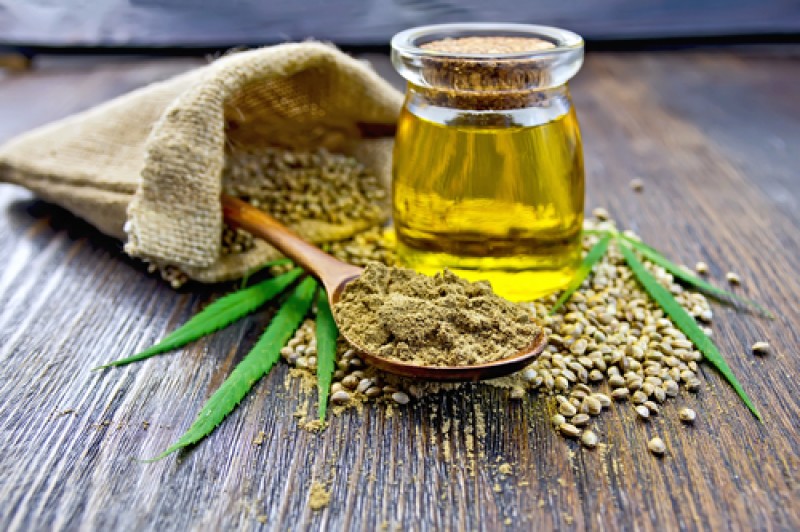What Does Gluten Free Mean?
Gluten sensitivity ranges from the health-threatening celiac disease to an allergy or intolerance of gluten. From these allergies or sensitivities have come the “gluten free diet,” where people avoid gluten and only eat gluten free foods and medications.
With celiac disease, over time the immune reaction to eating gluten creates inflammation that can damage the lining of the small intestine, leading to medical complications or other issues. It can also prevent the absorption of some nutrients. An allergy or intolerance to gluten can result in symptoms like bloating, diarrhea, abdominal pain, drowsiness, and skin rashes.
It is important for people with these health issues to avoid gluten to stay healthy. Some people who are not intolerant to gluten also avoid gluten to live a healthier lifestyle because of some of the benefits that come with it.
With the increasing knowledge about these gluten diseases and the influx of the need for gluten free products, more companies are making gluten free foods and products to accommodate these health issues. However, sometimes finding gluten free products can be challenging and isn’t as easy as looking for “gluten free” on the label.
Hemp products and ingredients are becoming more prevalent in recent years, so we’ll teach you what to look for when reaching for a hemp product.
Is Hemp Gluten Free?
Hemp is a plant in the cannabis sativa family. It grows in stocks that are harvested and manufactured into different products. These products include foods, health products, beauty products, pet supplies, clothing, and building supplies. All parts of the hemp plant are naturally gluten free, including the seeds.
However, since hemp is a grain-like crop, it is frequently grown in rotation with other crops that have gluten, like wheat, barley, and rye. This means that sometimes when planting hemp crops, there is a slight chance that a gluten grain is accidentally introduced into the growing process.
After the hemp is grown and harvested, it is sent to different manufacturing plants for processing. At this stage, the hemp crop may be cross-contaminated with other grains containing gluten. This is typically the case when it comes to manufacturers working with different kinds of grains in one plant.
So, when buying hemp products, know that the hemp will not affect your gluten free diet, but if you are allergic to gluten or have celiac disease, make sure the product wasn’t grown or manufactured alongside grains that contain gluten.
Is CBD Gluten Free?
CBD, or cannabidiol, is a naturally occurring substance found in cannabis plants. CBD is most commonly extracted from hemp plants, which is part of the cannabis family and is then used in health supplements or products.
If the production of the CBD oil is manufactured in a facility that does not have any gluten contamination, then the CBD oil is most likely gluten free. However, it also depends on the carrier oil and other ingredients that are combined with the cannabidiol. CBD oil must have a carrier oil for administration because the pure form of CBD extract is too thick and unpleasant tasting for consumption on its own.
Different manufacturers use different carrier oils to help make the CBD usable. The most commonly used carrier oils are gluten free, including coconut oil, sunflower oil, hemp seed oil, palm oil, avocado oil, grapeseed oil, and olive oil. Some oils may contain gluten contamination or are simply not gluten free, such as oat oil and hay absolute oil. Some pill forms of CBD oil may contain gluten, due to a capsule ingredient called “wheat starch.” When looking for the right gluten free CBD oil, make sure to check the label to ensure there are no gluten carrier oils or other gluten ingredients.
Why Take CBD Oil on a Gluten Free Diet?
Vitamin deficiencies are very common in those who suffer from celiac disease and lesser gluten allergies. CBD oil provides a wide range of health benefits, including vitamins that those not eating gluten might not be getting enough of.
Hemp and CBD oil are great sources of a number of vitamins and minerals, including zinc, magnesium, vitamin D, vitamin E, and iron. It’s also high in fiber, which will help support your digestive system. Plus, hemp contains a high amount of protein, including all of the essential amino acids, and is a great source of the essential fatty acids omega-3 and omega-6.
What Can You Do to Enjoy Hemp Products?
When looking for gluten-free hemp products, look for products made by companies that process their own hemp or those who have high visibility of the hemp crops they use. Companies that grow their own hemp or have visibility over the hemp growth are able to monitor and oversee hemp processing better than companies that do not source their own hemp.
Depending on the hemp product, some companies will include “gluten free” on the label to help make it easier for consumers to spot the products that are safe for them to use. This labeling means that it is guaranteed to contain no more than 20 parts per million of gluten. The reason it can’t be 100 percent guaranteed gluten free is because technology can’t measure any amount less than 20 ppm in foods to determine the gluten content. Evidence shows that these trace amounts of gluten, less than 20 pmm, will not have negative health effects on those with celiac disease or gluten allergies.
CBD American Shaman only selects the highest-grade hemp plants for our products. The hemp we use is responsibly grown in the U.S. on farms to help the environment and provide the best products on the market. Our company is certified by the U.S. Hemp Authority as using industry-leading standards in product safety and quality. We use coconut oil, also known as MCT Oil, as our carrier oil for most of our CBD products, making our CBD products gluten free.
We ensure our CBD products are safe for those who are living a gluten free lifestyle because we pride ourselves in the exactness we take in manufacturing our products to ensure we provide the best, safest hemp products.
The content on this site is not intended to be a substitute for professional medical advice, diagnosis or treatment. While research has shown that CBD has the potential to help provide beneficial outcomes for several complaints, it is advisable to seek the advice of a physician or other qualified health care provider when you have questions regarding any medical condition and when starting, augmenting or discontinuing any existing health routine.
Recommended Readings
Can Someone Be Allergic To CBD?
Real CBD Oil vs Fake CBD Oil: Know How to Tell the Difference







